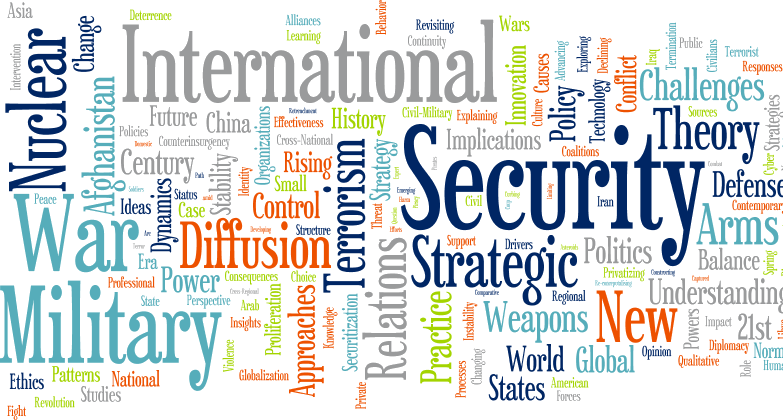It seems quite intuitive to believe that if a state were well-endowed with natural resources it would overall be better off since it can reap the benefits of those resources. However this is not the case for certain countries that suffer from the “The Resource Curse”. The Resource Curse implies that resource rich countries generally suffer from lower growth, high violence, and worse development than their counterparts. This is especially the case if that country is a developing country. Many African countries suffer from the resource curse such as the Democratic Republic of Congo, Equatorial Guinea and Sudan because they make poor use of the revenue they make from their resources. Instead of promoting prosperity and growth, resources have done the opposite in these countries, by undermining economic growth, fostering corruption, and often times provoking armed conflict and even civil wars, while also damaging the environment in the process.
A few questions come to my mind when thinking about the Resource Curse. How do countries like Canada, the U.S., and Norway who have an abundance of natural resources avoid the resource curse and seem to benefit greatly from their natural resources? And why is that this curse seems to have such a devastating effect in countries like Sudan?
Initially we have to analyze the institutional and structural differences between the resource winners and the resource losers. Resources do not automatically lead to poor outcomes in all circumstances. Developed countries, like Norway, U.S., and Canada have the proper and accountable institutions that are able to make use of the revenue from the resources properly. On the other hand, corruption is endemic in many of Africa’s most resource-rich countries and it tends to be rent-seeking corruption where only those at the very top reap the benefits and it does not tend to trickle down. Instead of investing the revenues gained from their natural resources and rents into proper infrastructure, social benefits, and education, these corrupt politicians usually pocket a lot of the resource revenues into their own pockets. Some officials also have special dealings with certain mining and oil companies to collect money for rents and permits to be able to mine or drill in that particular region. There is a lack of political accountability because these countries are not democratic and in another sense, since the people don’t pay taxes to the government they really can’t demand anything in return. This blend of resource abundance and poor governance is a lethal combination in resource-rich Africa.
In most cases countries that have abundant natural resources coupled with weak governance and unaccountable institutions are prone to armed violence. Sudan is a country riddled and divided with civil war. For example in Sudan oil rents are equal to more than 18% of GDP and Nigeria where oil rents make up almost 30% of GDP and both countries have had their fair share of conflict. The borders of Sudan have been redrawn to divide the country into northern and southern Sudan, with southern Sudan having about 75% of the natural resources and oil of the state according to our guest speaker Charles Okumu Lomudak. Luke Patey further argues that, “the governance at national, regional, and local levels has largely failed to manage the damaging political, and economic effects of the resource curse.”
I would argue that resources do not always have to be a curse. Africa could be quite prosperous only if it had proper institutions that practiced good governance and if the government was more transparent and accountable with its exchanges with oil and mining companies, and implemented anti-corruption legislation and ensured that its politicians did not just put the revenues from resources into their own pockets.
